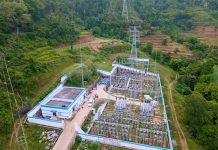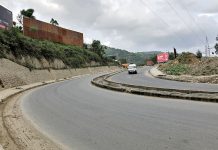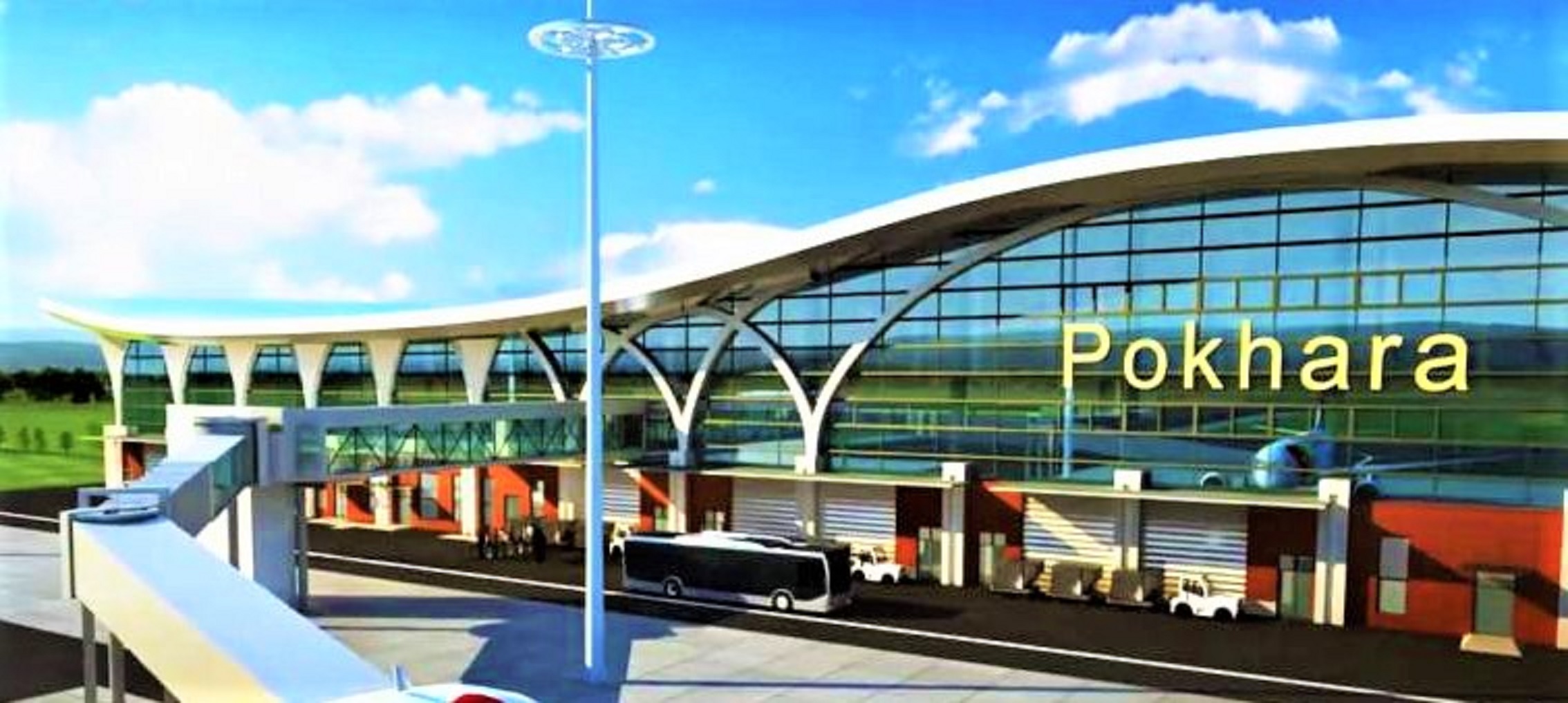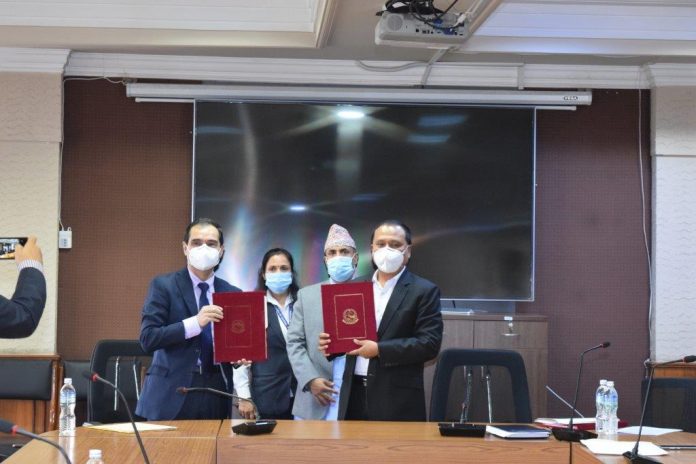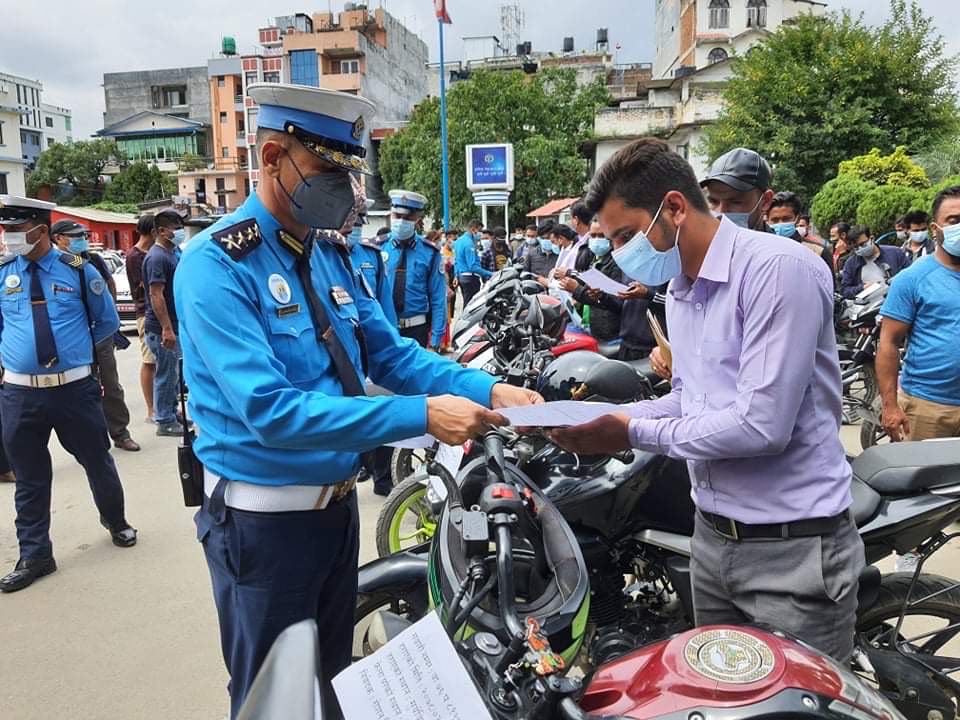Kathmandu, 27 August. The Asian Development Bank (ADB) has consented to provide concessional loan equivalent to US$ 200 million (About Rs. 23.88 billion) to the Nepal for the implementation of South Asia Sub-regional Economic Cooperation (SASEC) Power Transmission and Distribution System Strengthening Project.
Similarly, Norway agreed to provide a grant co-financing equivalent to US$ 35 million (About Rs. 4.18 billion) to be administered by ADB.
Finance Secretary Sishir Kumar Dhungana and ADB Country Director Mukhtor Khamudkhanov signed loan and grant agreement on Thursday at the Ministry of Finance at Singhadurbar, and project agreement was signed by Managing Director of Nepal Electricity (NEA) Authority Kul Man Ghising and ADB Country Director Khamudkhanov at the MoF.
‘The project connects to SASEC framework by upgrading substations to enable full-fledged operation of the transmission line at 400 kilovolts, and to facilitate cross-border power exchange with India. The project will also support Province 2, where the quality of electricity supply is poor and about 20% of households are still out of access to the national grid,’ said Dhungana.
Khamudkhanov said that electricity supplies are expected to increase rapidly during the next several years. Given this, electricity network enhancement has been a priority.
This loan is concessional having a 32-year term, including a grace period of 8 years, an interest rate of 1.0 percent per year during the grace period and 1.5 percent per year thereafter. The grant will be utilized for financing expenditures related to power transmission capacity enhancement and improvement of distribution network and capacity of energy-based enterprises development in Provice-2.
The MoF will relend these assistances to NEA through subsidiary loan and grant agreements for implementation of project activities. The project will accomplish the reinforcement and modernization of the power supply system in Kathmandu in Bagmati Province and will begin strengthening of distribution systems outside of Kathmandu starting with the Bharatpur metropolitan area in Bagmati Province and Pokhara in Gandaki Province, suffering from persisting power supply interruptions.
The project will also support Province 2, where the quality of electricity supply is poor and about 20% of households are still without access to the national grid. Further, the project will strengthen transmission lines for evacuation of hydropower to the main load centers, while excess power is traded with neighboring countries, said the MoF.
The project also aligns with SASEC framework by upgrading substations in Khimti, Barhabise, and Lapsiphedi to enable full-fledged operation of the transmission line passing through these substations at 400 kilovolts, and to facilitate cross-border power exchange with India.



